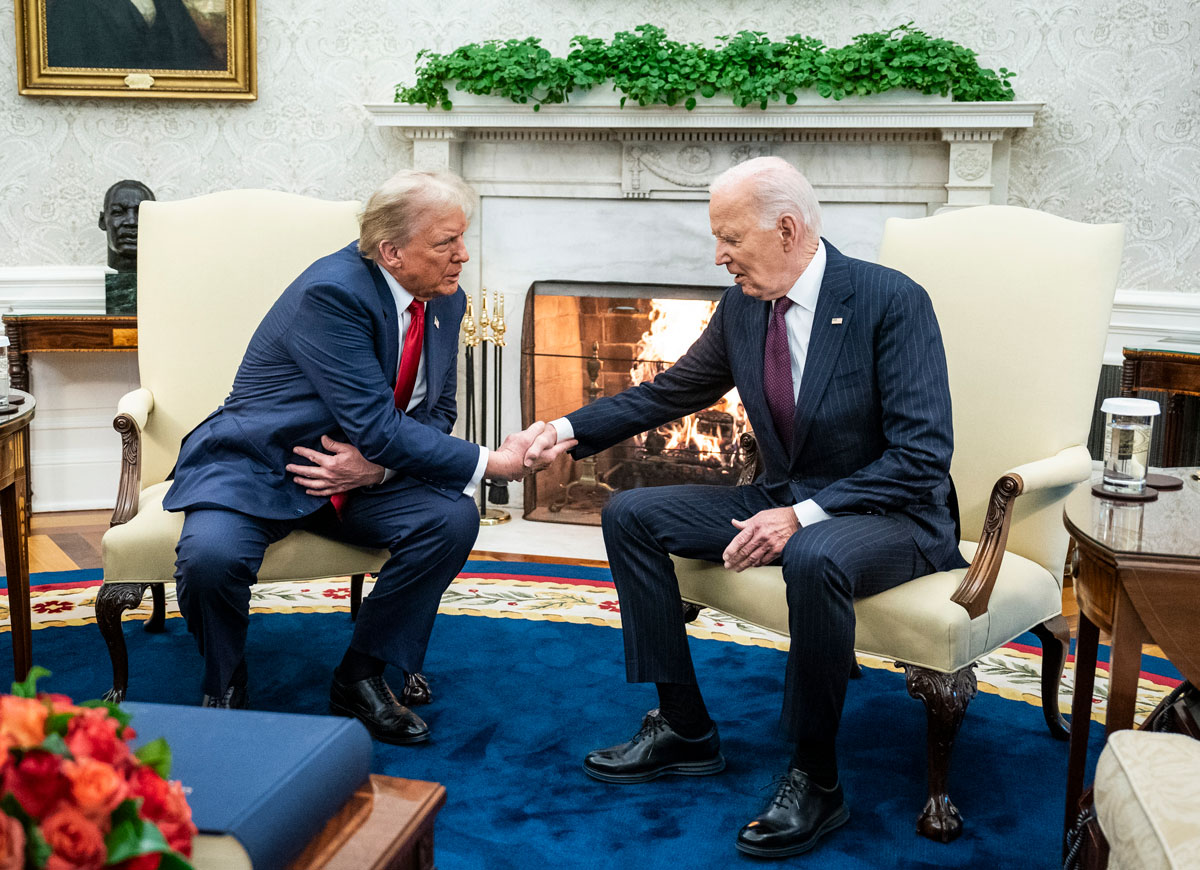Elon Musk Fights To Get ‘Unfathomable’ $56 Billion Tesla Pay Package Reinstated After Judge Rules It’s Illegal
Tesla and its CEO, Elon Musk, have capitalized on a little-known provision in corporate law to pursue the restoration of Musk’s $56 billion pay package.
This untested maneuver has the potential to embroil the company in legal disputes once again.
The electric vehicle manufacturer proposed subjecting Musk’s 2018 remuneration agreement to a shareholder vote despite its invalidation by a Delaware judge in January. Tesla has leveraged a lesser-known section of Delaware’s corporate law that empowers companies to correct procedural flaws that would otherwise render their boardroom decisions null and void.
Tesla acknowledged that the special board committee responsible for its approval could not anticipate how Delaware law would interpret this unconventional course of action.
The provision was primarily intended to serve as a “Band-Aid” for minor errors in boardroom proceedings rather than to overturn significant court rulings.
Tesla’s proposal cites the discontent expressed by numerous shareholders regarding the ruling by Delaware Chancellor Kathleen McCormick. McCormick determined that Tesla directors lacked independence when endorsing the “unfathomable” compensation package and neglected to negotiate with Musk. Crucial information about these matters was deliberately withheld from investors before they approved the remuneration plan, as confirmed through extensive litigation and a week-long trial.
To address these concerns, Tesla has proposed two measures. To mitigate conflicts of interest within the board, an independent director, Kathleen Wilson-Thompson, was tasked with reviewing the 2018 pay agreement to determine its alignment with shareholders’ best interests. Additionally, shareholders will be allowed to vote again after they review McCormick’s findings. Should the proposal garner approval, shareholders will have a 120-day window to contest it.
Tesla has chosen not to rectify the negotiation flaws identified by McCormick. The company has not put forth a new compensation package for Musk nor engaged new compensation consultants to evaluate the groundbreaking remuneration deal, as outlined in its proposal.
The proposal unveiled by Tesla on Wednesday raises fundamental questions about the permissibility of allowing shareholders, rather than a judge, to determine the acceptability of boardroom decisions that breach fiduciary duties to investors.
Tesla’s stock price has plunged this year, halving Musk’s net worth. Musk has been preoccupied with his platform X and his controversial decision to allow many conspiracy theorists back on the platform.
RELATED ARTICLES
Get the most-revealing celebrity conversations with the uInterview podcast!







Leave a comment